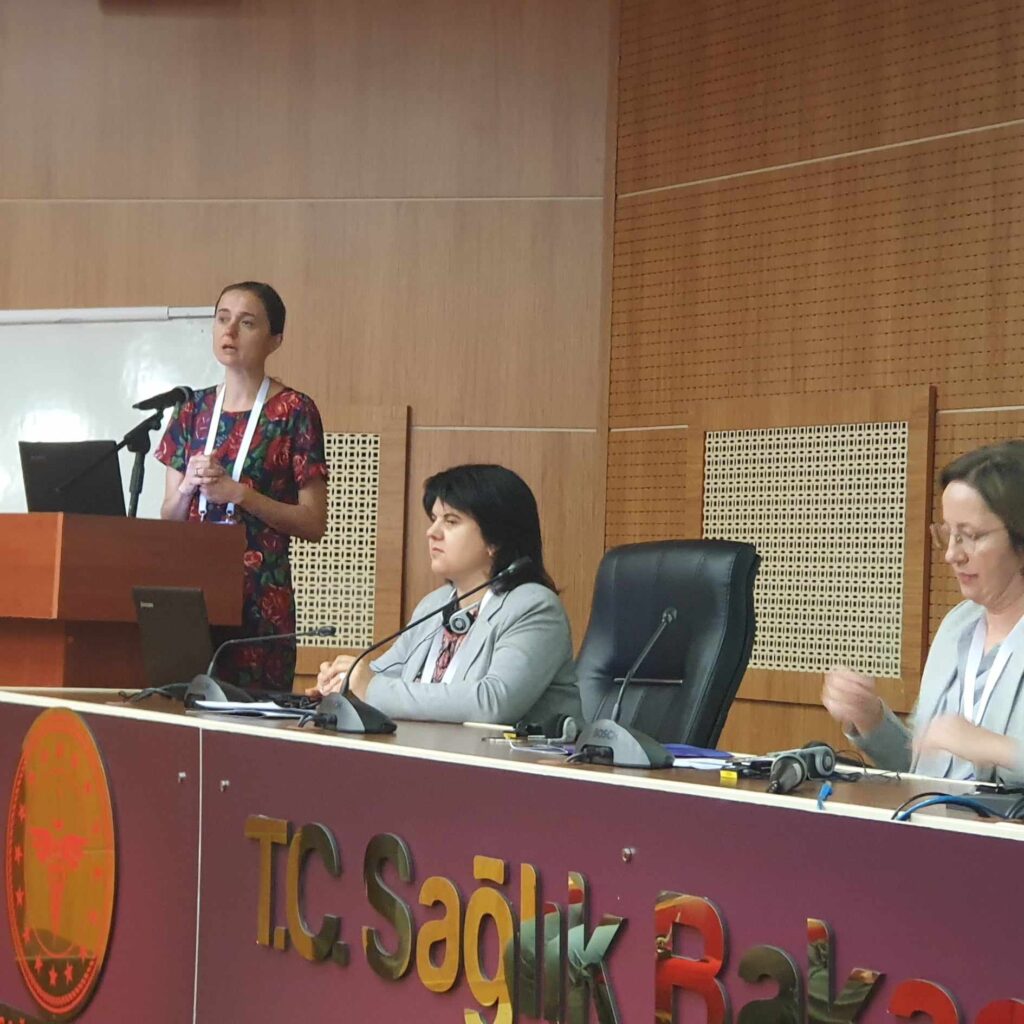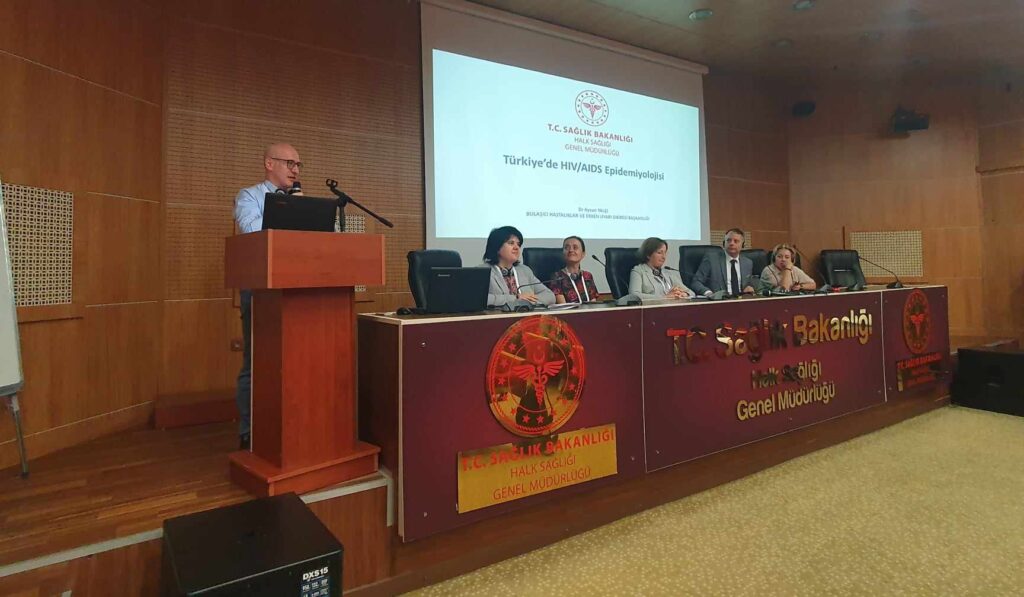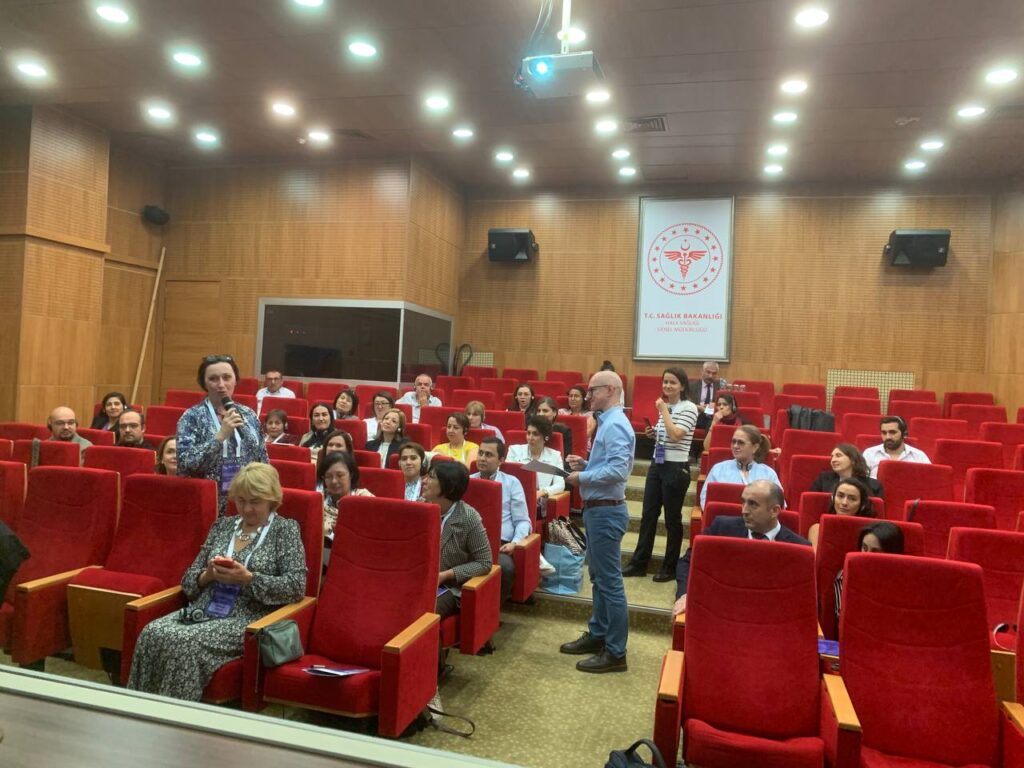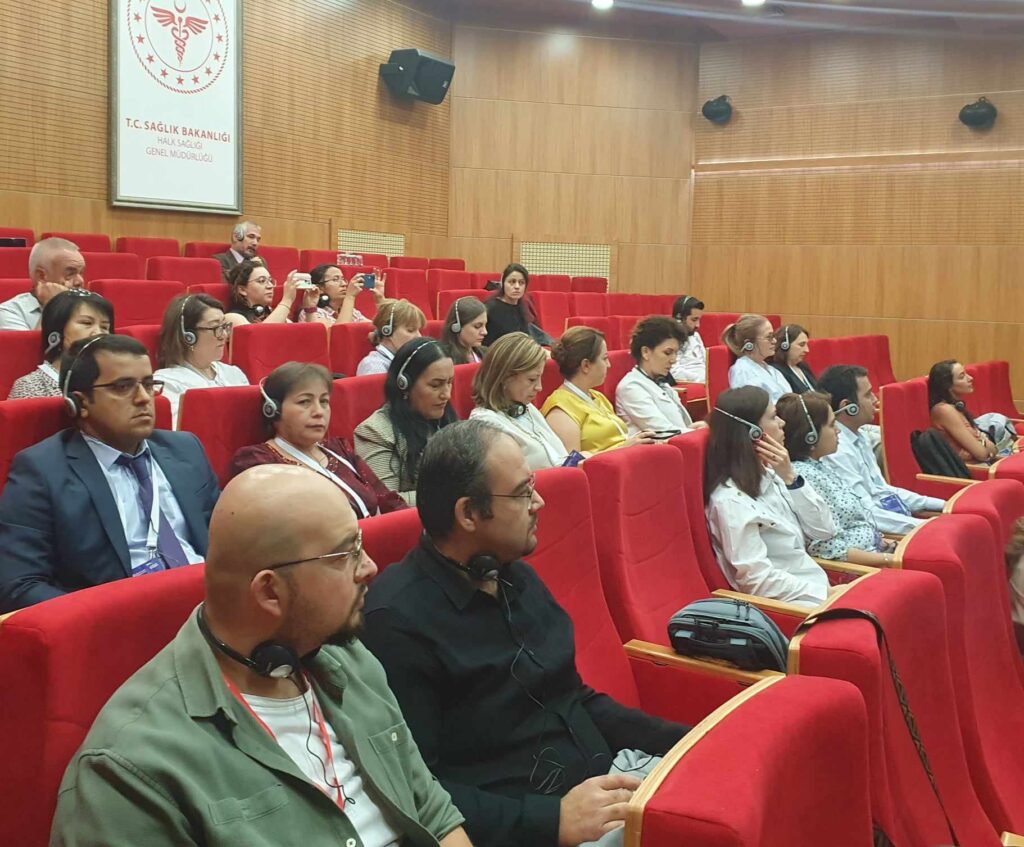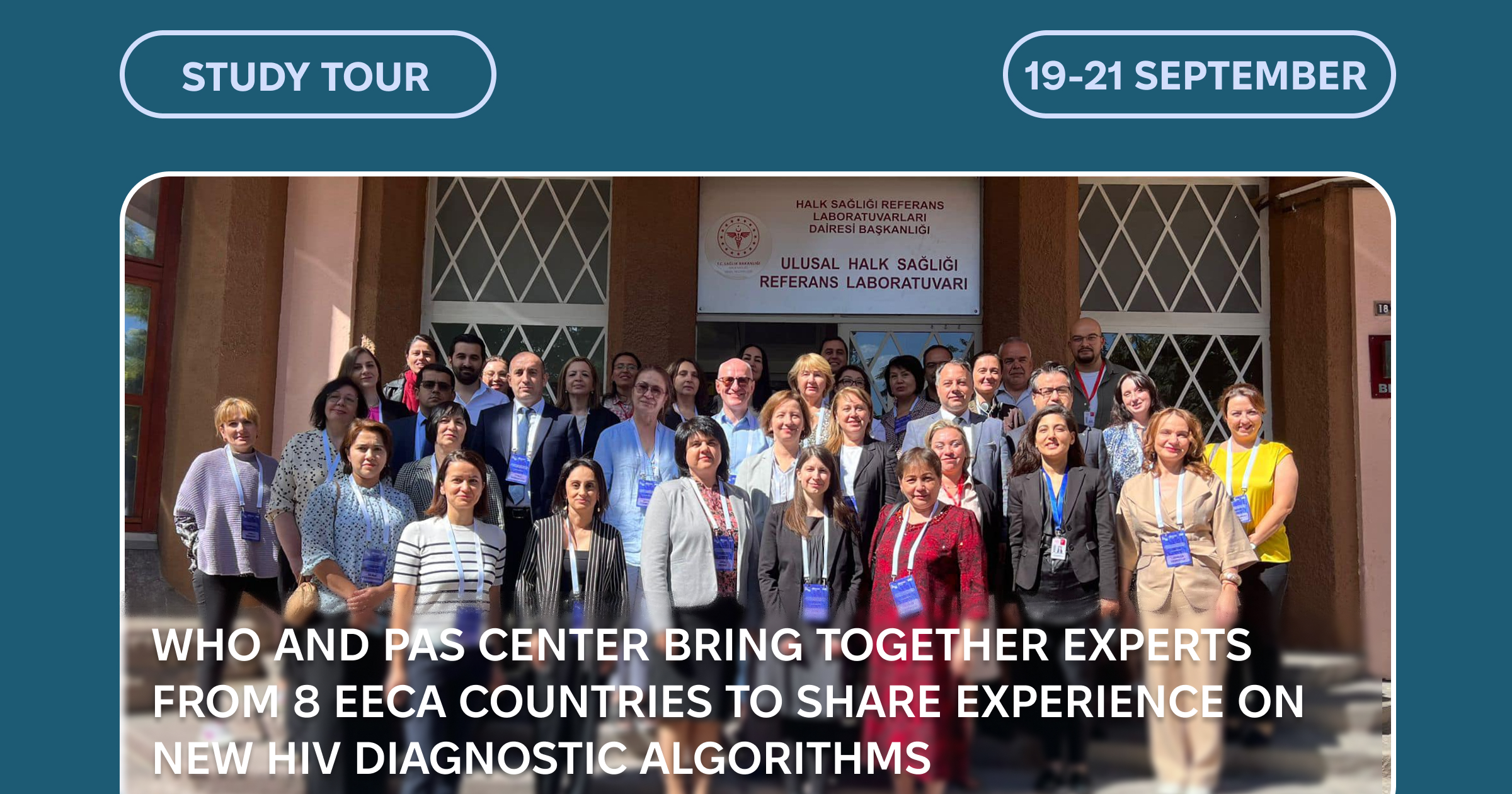On September 18-21, a regional consultation and training for HIV laboratory technicians from 8 countries of Eastern Europe and Central Asia is taking place in Turkey.
Tetyana Deshko, Director of the International Programs Department at the Alliance for Public Health, spoke at the opening of the meeting, noting: “One of the 3 goals of the #SoS_2.0 project is to improve the HIV cascade, as more than half of PLHIV in the EECA region have not reached undetectable viral load and can transmit the infection, often without even knowing their HIV-positive status. The WHO has given a clear guideline on how to increase detection and rapid initiation of HIV treatment – diagnosis with 3 rapid tests. Moldova is already working with rapid tests. Ukraine has been implementing an algorithm based on rapid tests since 2019, and thanks to this, it has managed to maintain HIV detection even during the war. It is important for experts in the region to share their achievements and adopt best practices.”
The organizers of the event, the WHO Office for Europe, in collaboration with the PAS Center, with the support of the Alliance for Public Health and financial support from the Global Fund, organized a platform for dialogue between experts from Azerbaijan, Georgia, Kazakhstan, Kyrgyz Republic, Republic of Moldova, Tajikistan, Ukraine and Uzbekistan in Turkey as part of #SoS_2.0.
Vyacheslav Grankov from the WHO European Office noted that Turkey has abandoned the use of Western blot as a confirmatory test for HIV diagnosis. This is in line with WHO recommendations, but, unfortunately, has not yet been implemented in many countries in our region. In addition to this step, it is also important for the countries of the region to use rapid diagnostic tests and expand testing in communities, using different approaches to testing, which would improve the progress towards the first 95.
The event will include:
– Study of Turkey’s experience;
– Exchange of experience on the transition to updated decentralized HIV testing strategies;
– Discussion of changes in laboratory functions related to the implementation of the new algorithm;
– Discussion of ways to ensure quality assurance;
– Discussion of the necessary steps and plans to revise HIV testing strategies at the regional and national levels.
It should be noted that the following topics were included for additional discussions:
– Presentation of the HIV laboratory network and the role of the National Reference Laboratory.
– Changes in the functions of laboratories in the context of the transition to new HIV diagnostic algorithms.
– Roles of the National Reference Laboratory and regional territorial laboratories in the context of new HIV diagnostic algorithms.
– Experience of seven countries in the transition to new HIV diagnostic algorithms.
